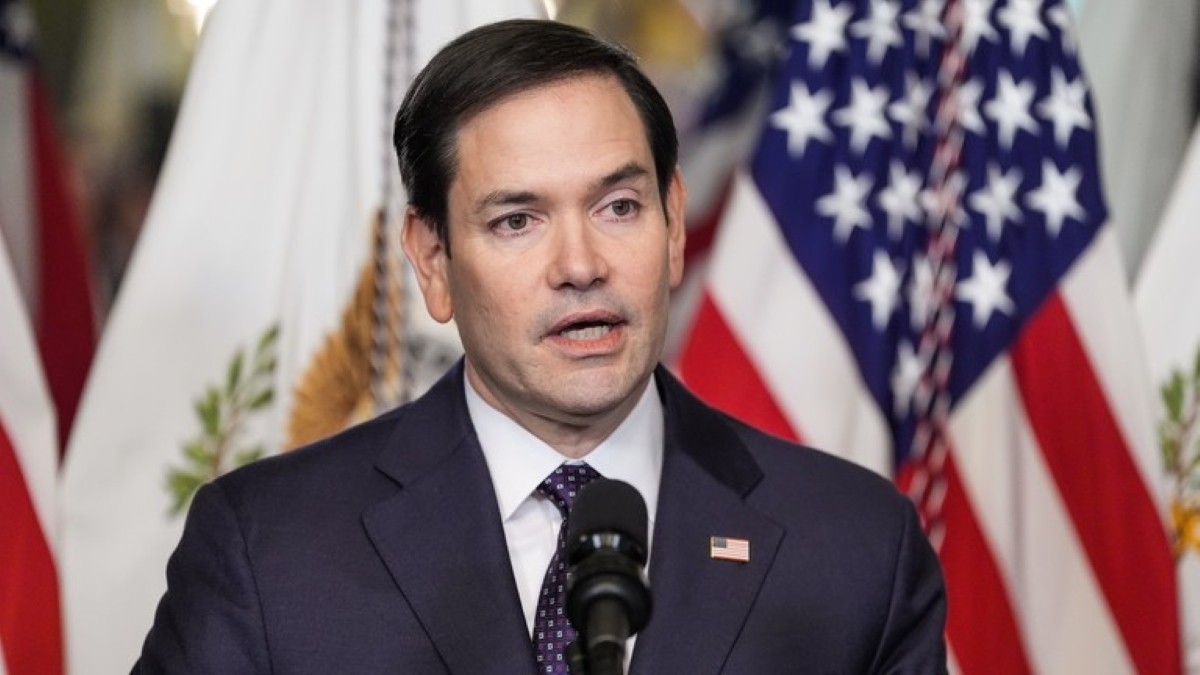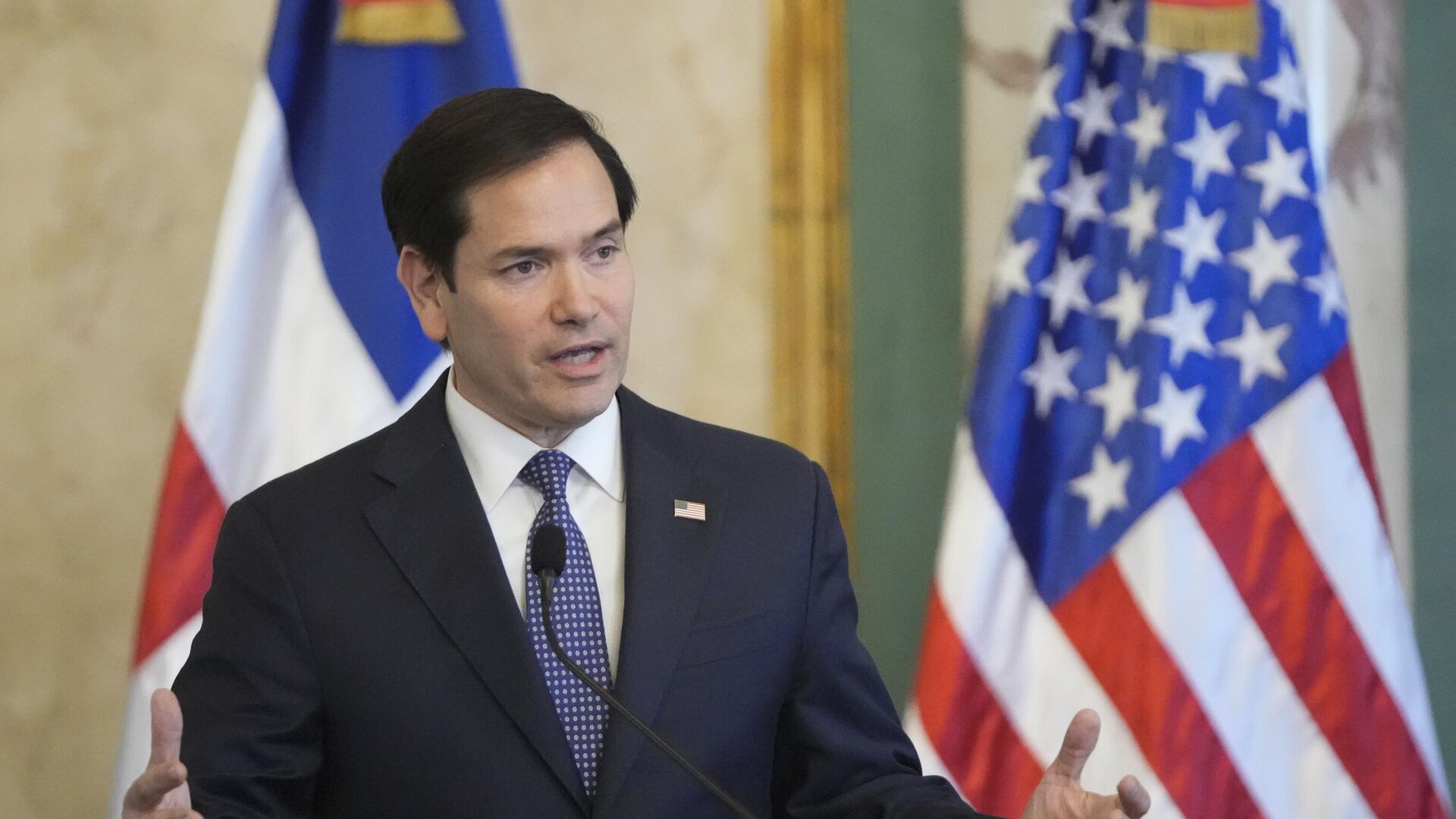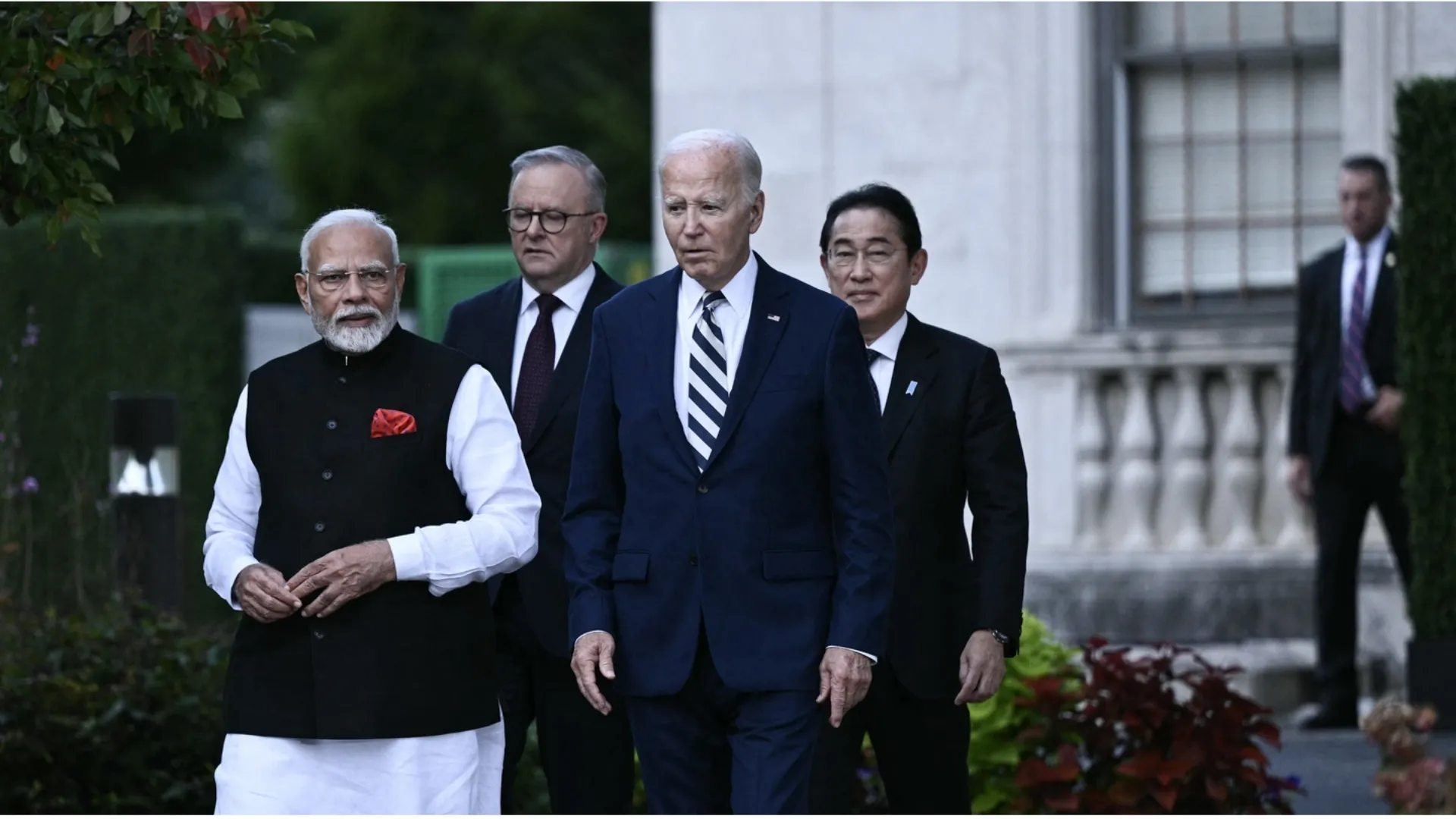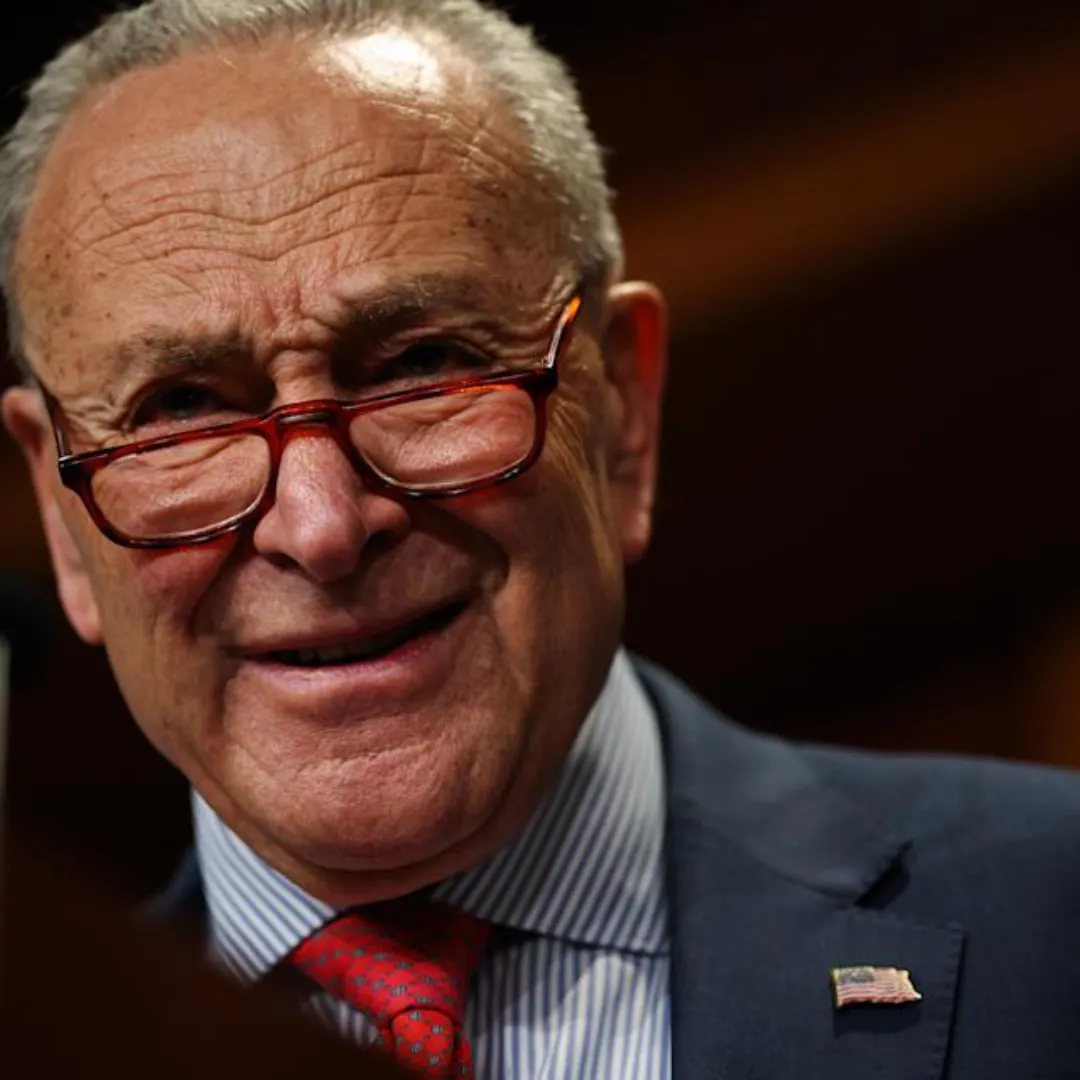
In what is rapidly becoming a defining controversy for the Trump administration’s national security team, Secretary of State Marco Rubio has weighed in on the Signal chat mishap that exposed sensitive planning details of a U.S. military operation targeting Houthi rebels in Yemen. Speaking from Jamaica during an official press tour, Rubio acknowledged the mistake but downplayed the threat level posed by the breach — a stance that continues the administration’s efforts to contain political fallout.
The incident in question involves the inadvertent inclusion of The Atlantic's Editor-in-Chief, Jeffrey Goldberg, in a Signal group chat that included senior Trump administration officials, among them Defense Secretary Pete Hegseth, National Security Adviser Mike Waltz, CIA Director John Ratcliffe, Vice President Vance, and Secretary Rubio himself. The group was discussing operational details of the March 15 airstrike campaign on Houthi rebel targets.
According to Goldberg, the chat included real-time discussions about what military equipment would be deployed, the specific timing of takeoffs for American F-18 fighter jets and MQ-9 drones, and even the identity of an active CIA official involved in the mission. Goldberg was added to the group by Waltz, who has since publicly accepted “full responsibility” for the mistake.
Yet Rubio, opting for a more tempered tone, refrained from criticizing his colleague Waltz directly. “Someone made a mistake, someone made a big mistake and added a journalist,” he admitted, characterizing the group chat as a "coordinating" mechanism rather than an official classified communication channel.
Rubio's comments mirror the broader narrative pushed by the Trump administration in recent days: that while the situation was unfortunate, no actual classified information was disclosed, and thus, national security was never truly at risk.
“I’ve been assured by the Pentagon and everyone involved that none of the information that was on there — though not intended to be divulged, obviously — threatened the operation or the lives of our servicemen,” Rubio emphasized.
This statement aligns with a series of White House responses that aim to shift focus away from the content of the leaked messages and onto the procedural lapse — namely, how Goldberg was added in the first place. The administration’s current approach is to frame the situation as an operational misstep, not a security failure.
Goldberg, for his part, says he received no communication from anyone in the group questioning his presence during the time he was included. Only after he voluntarily left the chat was his involvement widely acknowledged.

On Capitol Hill, the response has been less unified. While Democrats have sharply criticized the administration for what they describe as a reckless mishandling of sensitive military intelligence, Republicans have largely adopted a “wait-and-see” approach, with most refraining from assigning blame or calling for resignations.
House and Senate Democrats have seized the moment to question the judgment and operational discipline of senior Trump officials. Several have called for investigations and even resignations — including Defense Secretary Pete Hegseth and National Security Adviser Mike Waltz.
Some members of the Democratic caucus have compared the incident to previous breaches of classified information that resulted in firings or criminal referrals.
By contrast, GOP leaders — though not entirely dismissive — have offered more guarded remarks. Rubio’s public statement reflects that strategy: acknowledging an error, downplaying its severity, and reassuring the public that military operations were not compromised.
The measured tone of Rubio's comments is also likely an attempt to shield the administration from further erosion of public trust. With election season ramping up and President Trump seeking to consolidate his national security credentials, any admission of operational failure could prove politically damaging.
The controversy also raises a broader question that Rubio did not directly address: Why was such sensitive information being shared over a commercial messaging app in the first place?
Signal, though encrypted, is not an official government communication platform approved for the handling of classified or sensitive national security materials. While its use by journalists and activists is widespread due to its strong privacy features, its use by top-tier government officials for mission-critical communications is highly unconventional — and potentially dangerous.
Cybersecurity experts have also voiced concern. “Even if no classified material was technically shared, the operational nature of the messages — such as launch times and strike targets — would be of immense interest to hostile actors,” said a former NSA analyst who requested anonymity. “In the hands of the wrong person, that intel could put lives at risk.”
That Goldberg — a journalist, not a hacker — was able to passively view this information, underscores the fragility of current communication protocols within the Trump administration’s national security apparatus.

Calls for accountability continue to grow louder, particularly from Democrats, but also from a few Republican lawmakers frustrated by the administration’s dismissal of the breach. Yet Rubio’s refusal to call out Mike Waltz directly — despite the latter’s admission of fault — reflects a persistent culture of political loyalty over public transparency.
Rubio’s comments — carefully crafted — attempt to strike a balance: admitting the error, preserving the reputations of fellow officials, and defending the integrity of ongoing U.S. military operations. Still, his remarks leave open the possibility of further inquiry. He confirmed that the White House is “looking at it,” though it remains unclear whether that includes a formal internal review, or merely a political strategy session.
The administration’s handling of the crisis has, so far, followed a familiar pattern: containment, downplaying, and deflection. By framing the incident as a one-off mistake, and leaning into assurances from the Pentagon that no lives were put at risk, officials hope to turn public and media attention away from the potential national security implications and back toward narratives of success and competence.
But critics argue this strategy is insufficient and dangerously dismissive. “The idea that nothing classified was leaked misses the point,” said Rep. Chrissy Houlahan (D-PA), a member of the House Armed Services Committee. “Sensitive operational details were shared, and that alone is enough to warrant a full investigation.”

Ultimately, the Signal chat fiasco is a warning — a red flag about the fragility of security protocols and the blurred lines between official conduct and informal communication within the federal government. Whether this moment becomes a catalyst for real change in communication oversight, or simply another scandal lost in the political churn, depends on what happens next.
As for Secretary Rubio, his words in Jamaica were carefully chosen. He walked the tightrope between accountability and political protectionism. Whether that will satisfy growing demands for transparency and responsibility remains to be seen.



